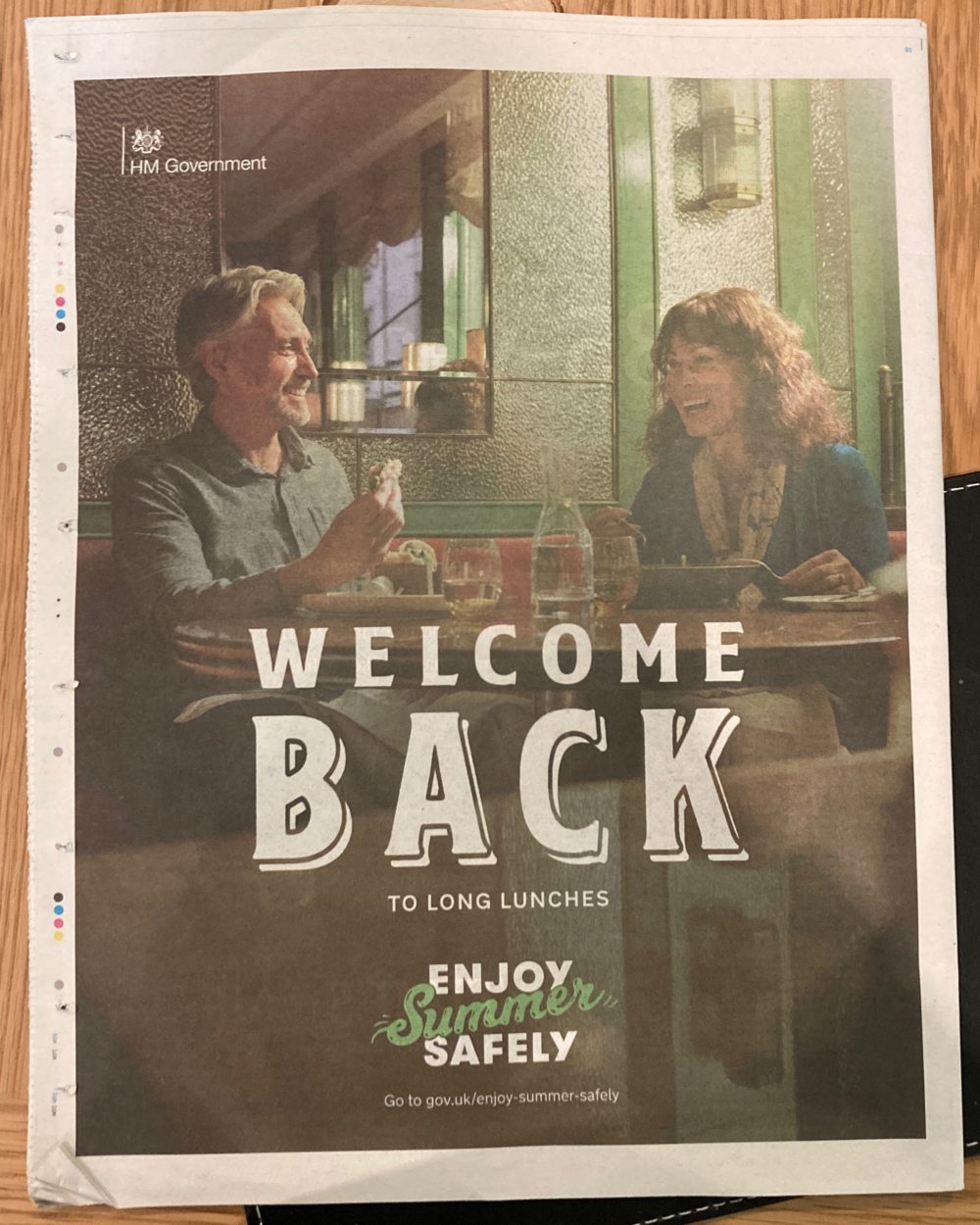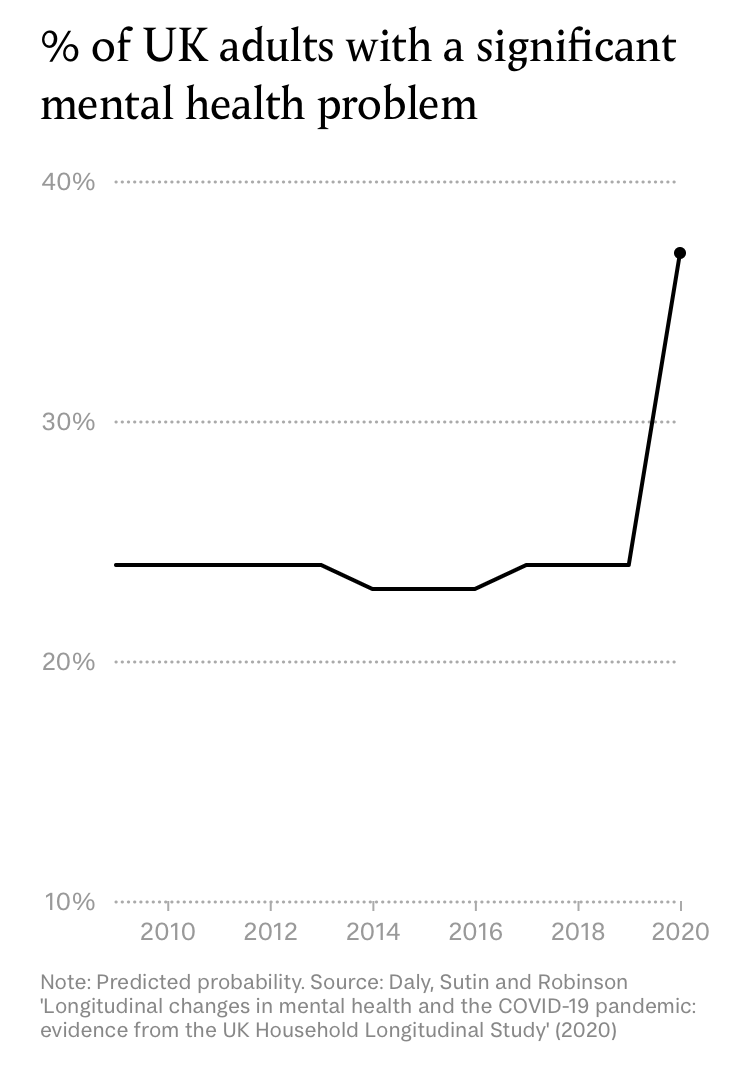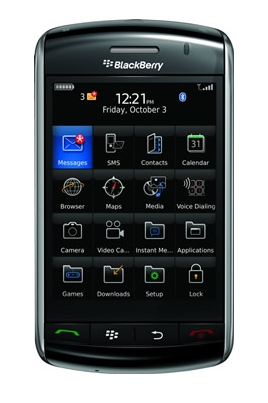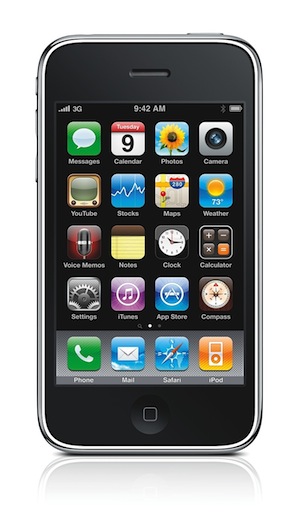31 things I learned in July 2020
1: I knew a little about Milton Glaser, but I didn’t know how prolific he was.
2: Priority postboxes, for return of completed home swabs for COVID-19, have appeared as if overnight. Or at least, stickers which designate existing post boxes which are already emptied later in the day as “priority post boxes”.

3: Finland’s air force stopped using a swastika in its logo three and a half years ago, and no-one really noticed until now.
5: I’ve read quite a lot about Concorde over the years and the one parked up in Manchester is still on my “to visit” list. I’ve never read anything that got quite as closely into the financial side of the project as this 2002 article by Francis Spufford which I dredged up today.
6: In one of life’s stranger coincidences, after a few years of using Android phones, I bought my first iPhone since the 4S today—then realised that it is ten years to the day after I wrote about switching to the iPhone the first time round.
7: A mobile phone game can be a surprisingly powerful emotional experience.
8: Goats have rectangular pupils.
9: Someone wasn’t allowed on my bus today because they weren’t wearing a face covering: so I’ve learned that the rules are now being enforced.
11: Torontonians are without their water fountains during the current heatwave.
12: I learned only recently that it is expected behaviour—and, in some cases, a school rule—for children to make their own way to school from around the age of five in Switzerland. The Swiss government’s response to a five year old being fined last year for travelling on a bus without a ticket is heartwarming sensible: to make public transport free for young children, with the side-effect of further cementing this approach to school transport.
13: Commercial analogue radio is to continue for a further decade (at least).
14: There’s a feeling of change in the air. Yesterday, I felt hopeful that covid-19 may be bringing to an end this brief era of populism: it seemed plausible that the crisis might sweep away the bombast of Trump, Johnson and Bolsanaro in favour of quieter competence. In the UK, witness the poll rating of Sunak and Starmer as examples of senior politicians who can both think and communicate clearly. Today, The New Yorker’s historical review had reminded me that things are rarely so straightforward: things can get worse as well as better.
15: “Andrew Lloyd Webber has sent a cease-and-desist letter to Donald Trump” sounds like the setup for a particularly corny joke, but it turns out that it’s the news these days.
16: We’re at a curious point in the Government’s response to covid-19. The official advice on gov.uk remains “stay at home as much as possible” yet the Government is running a major advertising campaign to convince everyone to do exactly the opposite, presumably for economic reasons.

17: One of the scariest charts I’ve seen in relation to covid-19 in the UK so far:

21: This Psyche documentary following actors at The National Theatre in the hour before they go on stage is fascinating.
22: I learned more about the history of Nespresso. I am a heavy Nespresso drinker. I do at least make sure all of my pods are recycled.
24: Victorian Britain’s relationship with the seaside was complicated.
25: I think I use singular “they” without really thinking about it: it’s not a point of grammar I can get worked up about. I hadn’t previously clocked this common usage: “How do you complete the following sentence: ‘Everyone misplaces ____ keys’? There is no way to do so that is both uncontroversially grammatical and generally liked. Most people, even those who as a rule don’t like it, will be pulled towards the singular ‘they’: ‘Everyone misplaces their keys.’ The problem with ‘their’ is that pronouns should agree with their subjects in both gender and number. ‘Their’ is fine on the first count, because ‘everyone’ is genderless, but fails on the second, since ‘everyone’ is grammatically speaking singular, and ‘they’ is plural.”
26: Meditation is probably associated with a lower prevalence of cardiovascular risks (at least according to this one limited study). All of my psychiatrist friends meditate themselves and tell me it’s the best thing since sliced bread, in much the same was as endocrinologists tend to talk about Vitamin D supplementation. I wonder what public health people are reputed to bang on about?
27: Satire may have finally been killed off. “Boris Johnson has today unveiled plans to curb junk food promotional deals as part of a new government obesity strategy triggered by the pandemic” just seven days before the start of “a government subsidy to offer people 50% off meals in fast food restaurants.”
28: From Walter Isaacson’s outstanding biography of Leonardo da Vinci, I have learned that Leonardo described the mechanism of closure of the aortic valve in 1510, but it didn’t start to gain mainstream currency among cardiologists until Bellhouse’s work confirmed the description in the 1960s.
29: The decline of the landline is changing literary fiction.
30: The teasmade has been reinvented. It doesn’t look like the one my grandparents used to have beside their bed: the new version is much uglier.
31: Unorthodox was a great miniseries.
This post was filed under: Posts delayed by 12 months, Things I've learned, Amia Srinivasan, Android, Anna Gross, Apple, BBC News, Bookforum, Boris Johnson, Boris Veldhuijzen van Zanten, Buses, Camilla Hodgson, Chayakrit Krittanawong, Claudia Allen, Clive Cookson, Concorde, Covid-19, Diamond Geezer, Donald Trump, Ed Cumming, Ferdinand Mount, Financial Times, Finland, Francis Spufford, George Parker, Goats, iPhone, Jack Blanchard, Jair Bolsonaro, James Meek, Jane Darcy, Jonathan Bell, Kyle Chayka, Laura Hughes, Lawrence Wright, Mattha Busby, Meditation, Michael Robbins, Milton Glaser, Monocle, Nespresso, Netflix, Pinny Grylls, Politco London Playbook, Psyche, Public Transport, Radio, Radio Today, Rebecca Solnit, Red Cross, Rishi Sunak, Royal Mail, Sarah Neville, Sebastian Payne, Stuart Clarkson, Switzerland, The American Journal of Cardiology, The Guardian, The LRB, The New Yorker, The TLS, TheNextWeb, Tomos Lewis, Toronto, Wallpaper.



